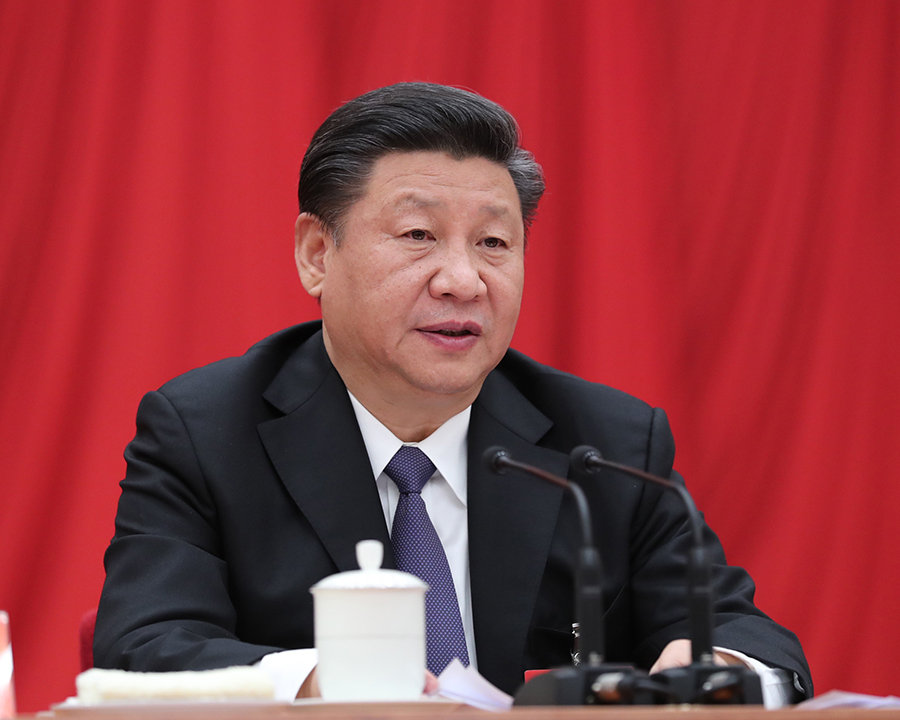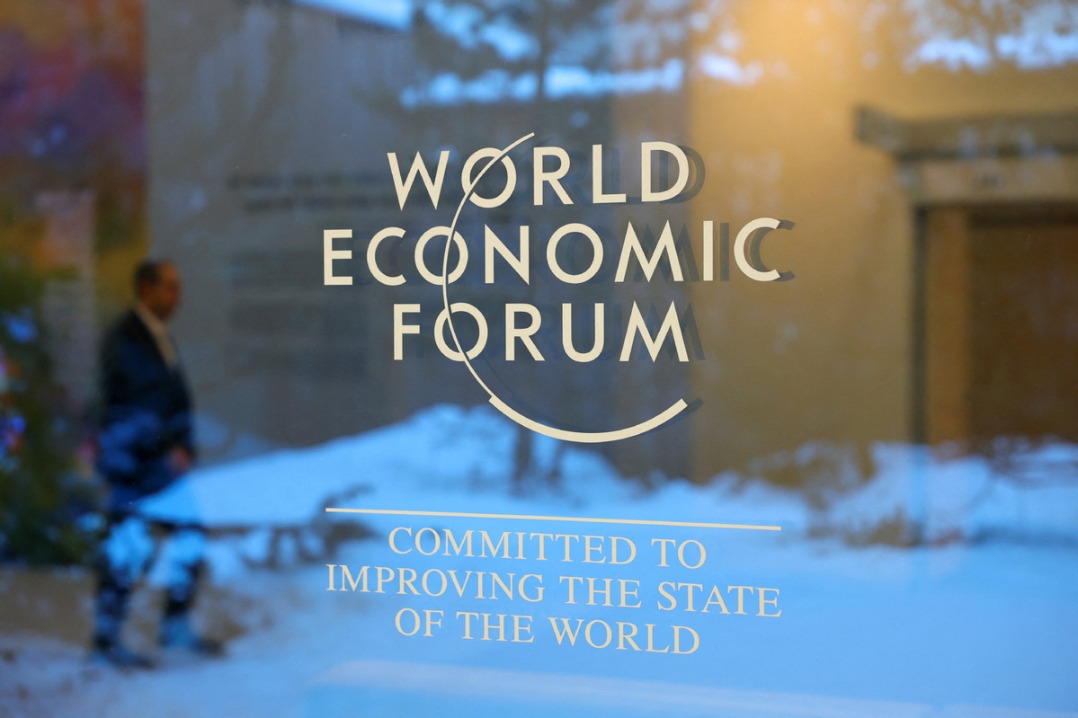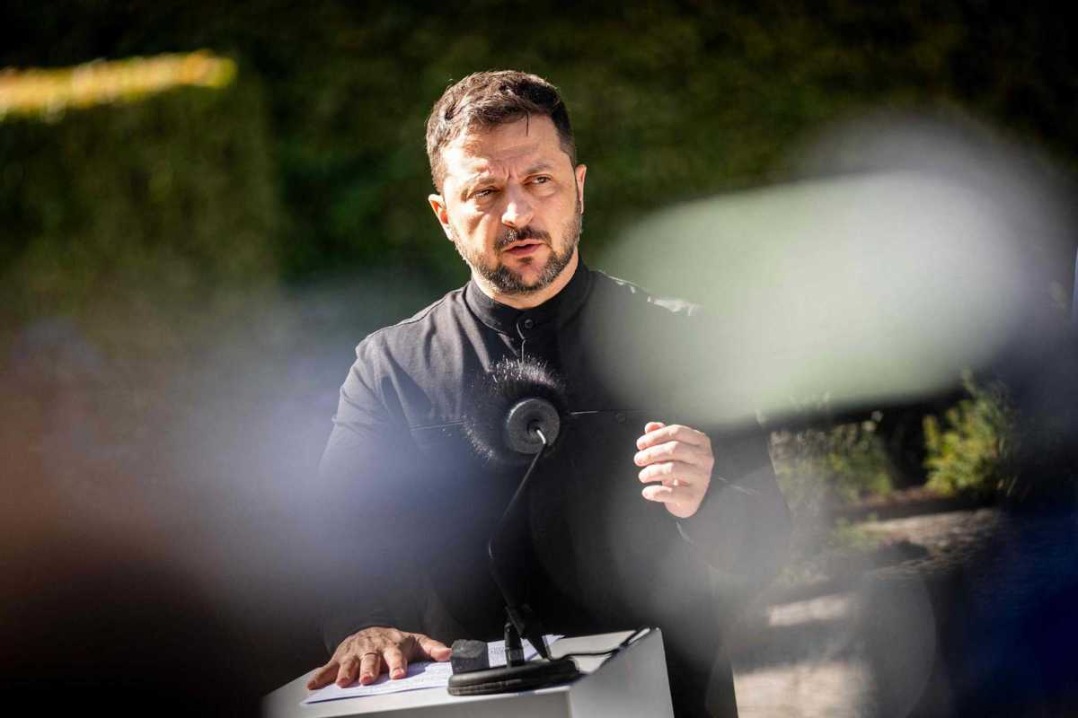Revamping Party and govt institutions for a new era


The approval of a structural reform plan of the Party and State institutions by the third plenary session of the 19th Communist Party of China Central Committee, which concluded on Wednesday, is a significant move by the ruling party to give full play to the advantages of China’s socialist system to meet the needs of a new era.
The structural reform plan is intended to strengthen the Party’s leadership, improve the efficiency of State governance and overcome the institutional obstacles to reform.
Both Party and government institutions have been remodeled and restructured several times since 1978 when reform and opening-up were initiated, in order to better enable them to fulfill their intended roles and improve efficiency. Now the structural reform plan recognizes that the country is undergoing a historic shift that is creating many new demands for the work of the Party and the country.
The current structure of Party and State institutions is incompatible with the current situation and the future development of the economy, politics, culture, ecological conservation and social progress. Their revamping and revitalization is therefore crucial to the successful implementation of the country’s long-term development strategy and goals.
The restructuring of Party and State institutions is also necessitated by the urgency of the specific near-term targets of building the country into a moderately well-off society in all respects, advancing reforms, implementing law-based governance and exercising full and rigorous governance over the Party.
Building on continued efforts to sustain development, the institutional restructuring will ensure that efforts can be devoted to improving the quality and effect of reforms and policies.
Over the past five years since the 18th National Congress of the CPC in Nov 2012, the experience gained in the fight against corruption, in economic development and rule of law needs to be institutionally guaranteed.
At the same time, the lessons learned need to be taken into consideration. To be specific, the restructured Party and State departments should be better scrutinized by the planned national supervisory commission to reduce the chances of abuse of power by State and Party officials.
Improving the institutions and mechanisms to uphold the Party’s leadership and enhance State governance will manifest the central leadership’s ability and resolve to chart the country’s future course and coordinate efforts to successfully realize its modernization and rejuvenation.


































